Our Philosophy On Sustainability
When we think of sustainability, we look at what will help future generations thrive; how we can continue to farm the best quality of Kona Coffee while responsibly sustaining our business and our land, all while enriching the lives of those that work and live here in Hawai’i and those that enjoy our coffees on our farm or around the world. With that, we consider our Kona Coffee farm as a fully integrated farm-to-cup ecosystem and focus on the following to build resilience within it.
Biodiversity
Emphasizing biodiversity on our farm allows the power of mother nature to bring balance and stability to the coffee farm.
We have numerous bird species around the farm. From small birds like Erckel’s francolin and Northern cardinals to Cattle egrets and the Kalij pheasant. All of these species play important roles as natural predators. The cattle egrets are voracious insectivores, doing their part to keep our insect populations in check. Additionally, the large Jacaranda, Mango, and Monkey Pod trees grown across the farm are great perches for larger birds of prey like the Hawaiian short-eared owl, known as “pueo” and Hawaiian hawks who cast their watchful eyes over the farm.
Down the orchard rows, we maintain cover crops that provide habitat for beneficial insects, spiders, and more, all of whom play important roles in our ecosystem. Above our property – more than 100 acres – is kept entirely wild filled with local species of flora and fauna and lined with ancient Hawaiian rock walls. With the 28 bee boxes on the farm and the monarch butterflies on the farm; the farm is rich with biodiversity which plays an important role in keeping the farm in balance.
Soil Heath
Every bag of roasted Monarch Estate Gesha and Monarch Estate Pacamara coffee starts in the orchard. It all comes from this special land. So, we strive to keep it healthy. That starts by limiting what we take from it. Only the coffee seed of coffee cherry fruit grown here, in the form of green beans or roasted coffee, leaves the property. Every other part of the coffee tree – remnants from pruning and stumping, the pulp from the coffee cherry fruit, – is combined with clippings from the property, chaff from the roasted coffee, and used coffee grounds to make a rich compost which is spread back out into the orchard each year.
We also embrace the use of cover crops between the rows of coffee trees, which not only increases biodiversity but can improve overall soil health. One primary benefit of cover cropping is the increase in organic matter as the plants break down into the soil. Cover crop use can also increase water infiltration as the roots create channels in the tough volcanic soil and nitrogen fixation directly impacts soil fertility.
Water Conservation
Coffee and water themselves are intrinsically linked. The process of producing and brewing coffee is water intensive. In fact, it takes 140 liters of water to produce just one cup of coffee. Water influences the terroir of every coffee bean and enables the coffee trees to grow and produce cherries. It enables us to wet-process coffee and finally allows us to brew a cup of delicious coffee. Without sufficient water, there is no coffee, and without coffee life just wouldn't be - as delightful.
We pay careful attention to our water usage, developing conservation-minded protocols for all of our coffee cherry processing. Greg, our founder, his passion for innovation and constant improvement had him thinking like an engineer, he set up a robust coffee washing station constructed with an elaborate filtration system to capture, filter, and reuse the water used when processing washed coffees.
Much of the water used for irrigation is provided to us by mother nature. Rain gauges placed throughout the farm monitor the water received by rainfall. When irrigation is required, because of a lack of rainfall, lines are checked for leaks and clogs and immediately repaired to ensure there is no waste of this precious resource.
Waste Diversion
With careful consideration of our waste stream, we are working towards dramatically reducing the amount that goes to our local landfill. This includes a recycling program throughout our farm and household operations for all recyclable paper, plastic, and glass items. In addition to composting our unused coffee cherry pulp and returning it to the orchard, we participate in a municipal composting program and have begun using compostable wares at all of our farm events when reusable wares are not feasible.
Responsible Sourcing
Our philosophy in sustainability extends from how we source new varieties of coffee to our various suppliers. Although we are our own integrated supply chain when it comes to the coffee cherry fruit for our gourmet coffees, we do need to purchase various items for packaging, shipping, etc. We aim to understand the impacts of our decisions regarding packaging & marketing material. Our coffee bags are made from all renewable materials that are 100% curbside recyclable and shipping boxes and filler materials, for example, are made with post-consumer recycled content, and you can find items repurposed everywhere you turn on the farm.
